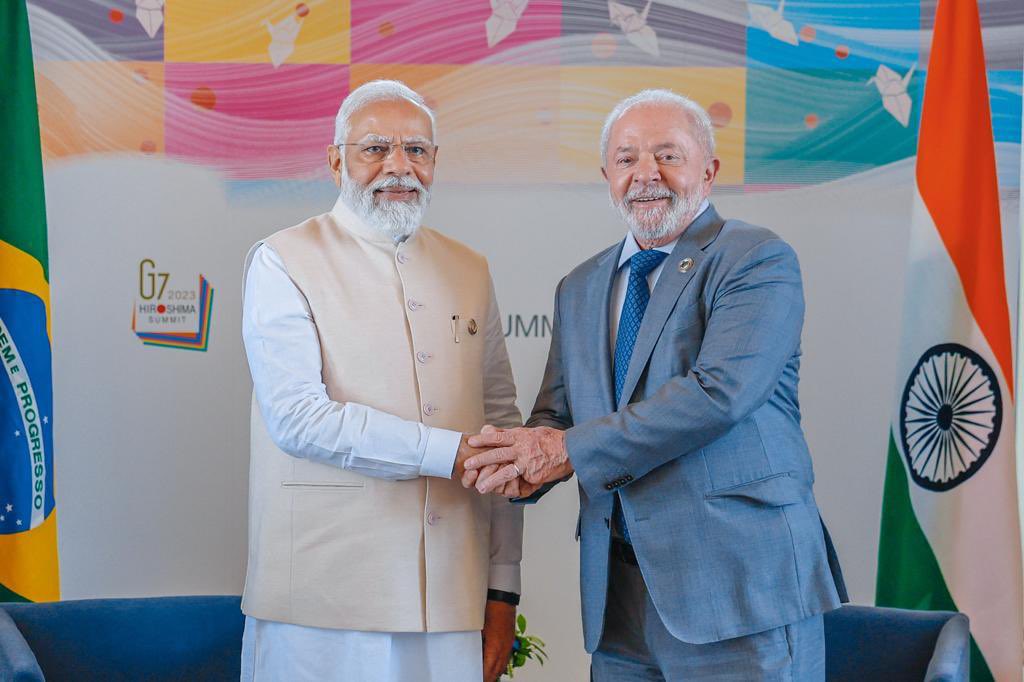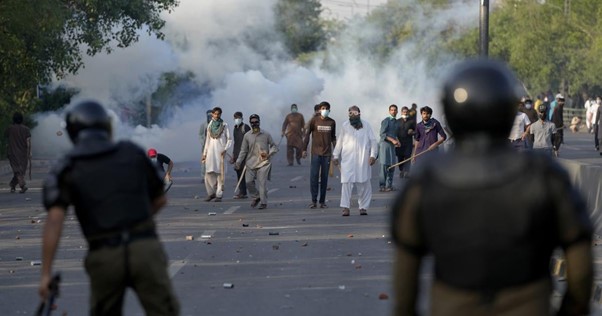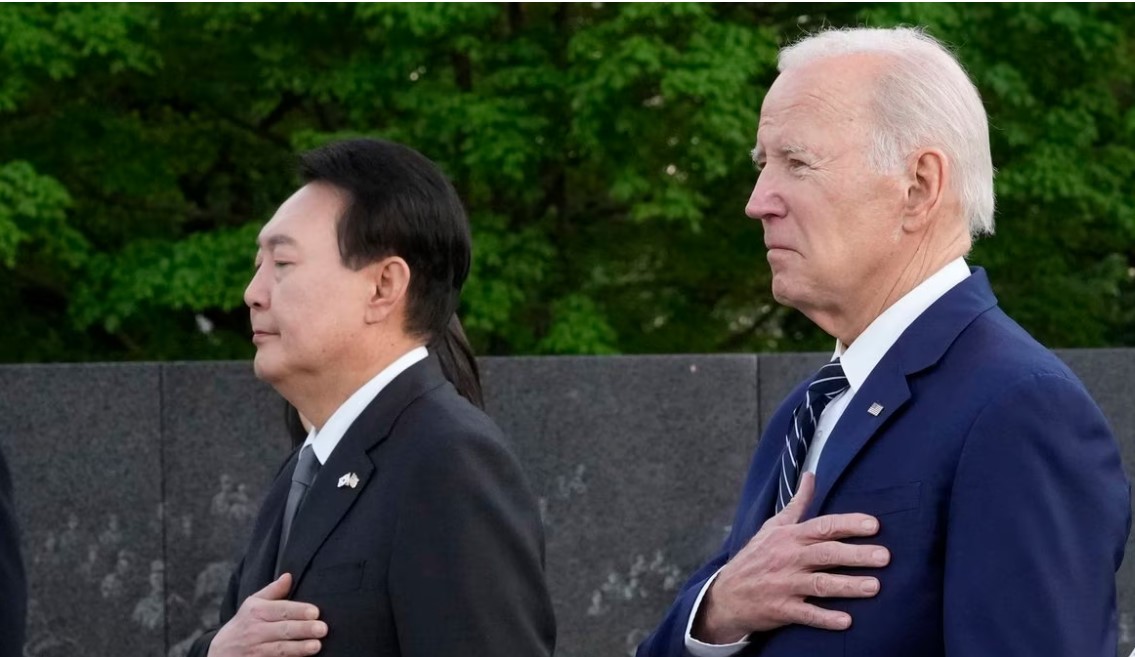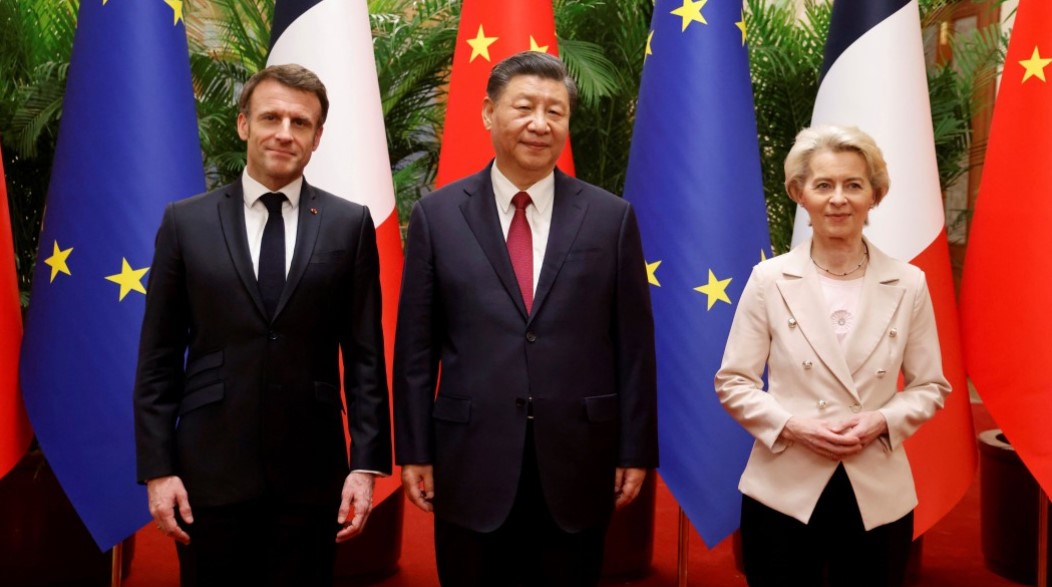Quid Pro Quo: An Instrument of Strategic Realignment in Indian Foreign Policy of the Modi era
Mon, 19 Sep 2022 | Reading Time: 4 minutes
The phrase above is used extensively in economic literature as ‘an agreement between two or more parties in which there is a reciprocal exchange of goods or services’, but here it is used to reflect some of the recent principles and policy positions were taken by the Government of India, which has led to a strategic realignment of the Indian foreign policy in context to global issues. Whether it is the Russia-Ukraine conflict, buying of discounted Russian oil despite western sanctions, engagement with the Taliban in Afghanistan, or the closer defense relations with countries of the South China Sea, all of them are signs of realignment in New Delhi’s strategic consideration in context to global affairs. This departure from long-standing self-imposed idealism and underrated response to a more pragmatic and proactive response is noteworthy.
Along with this interest and issue-based strategic alignment of India with both west and the eastern powers, the realization of the importance of aggressive strategic communications both within the country and abroad to counter fake news & propaganda by our adversaries is the only way forward to meet the objectives our strategic autonomy in these highly polarized geopolitics. One can surely observe that India learned this hard way, after realizing that its ethnoreligious and regionist faultlines are easily exploitable.
Whether it is Jihad in Kashmir or the CAA & Farm protests, each of these issues has highlighted how focused and targeted communication can lead to civil unrest and anarchy. Both Pakistan and China have used the information domain as a ‘grey zone of warfare’ to augment their strategic objectives in countering a stronger India. In the case of Pakistan, this responsibility is undertaken by an Army-controlled institution, which is Inter-Services Public Relations, i.e, ISPR but in the case of China, this is more compartmentalized. They have different policies and institutions that carry out information warfare in different domains like foreign affairs, media, defense, etc. Their tried and tested ‘wolf worrier diplomacy’ may be attributed to such aggressive and assertive diplomacy which has emboldened the power of China.
But in recent times, this approach has yielded suboptimal and disastrous results on the global stage. The Chinese flagship global and multilateral initiatives like the OBOR are not only facing bottlenecks due to financial misappropriation of the Chinese banks & financial institutions but also a very severe opposition in the aligning and partner countries due to their ambiguous nature. Its growing ambitions in Indo-Pacific and sovereign claims on disputed territories like the area along the Line of Actual Control in Laddakh, Senkaku Islands of Japan, or the entire region of the south China sea have seen a small but gradual pushback against Chinese is unprecedented.
Such unprovoked aggression with bandwagons of propaganda by the wolf worriers in the information space has led to a turnaround in the sentiments and goodwill of China. The countries have gradually realized this debt-trap enslavement of smaller and island nations is part of their strategy popularly dubbed the ‘Chinese Marshall Plan’. This doctrine of buying influence through developmental debts has resulted in criticism of such designs. Many such strongly worded but true slurs have been barraged over China after the fallout of Covid-19 where its meek and conspicuous response lead to a continuum of catastrophe that ravaged the world.
However, the counter-response of many countries against such a bullish approach may be a smidgen in the art of diplomacy but recently, the US took the lead to call out the bluff of Chinese threats and warmongering, when House Speaker Nancy Pelosi went ahead with her visit to the Republic of China aka Taiwan. Despite a fierce campaign in media and military drills in Fujian Province, the visit happened and China was left red-faced. A similar pushback was given by Indians too, not like one in Galwan but in Sri Lanka. There was a spat between Indian and Chinese diplomatic missions in Sri Lanka over the docking of the Yuan Wang 5 ship at Hambantota Port. India registered its diplomatic protest with Sri Lanka, but after much back-and-forth Lankans approved and Qi Zhenhong wrote a piece for Sri Lankan Guardian titled “From One-China Principle to ‘Yuan Wang 5’: Let’s Join Hands and Resolutely Safeguard Our Sovereignty, Independence and Territorial Integrity”.
Without naming India directly, a lot of attributions were made to which a strong and befitting response was made by the mission’s Twitter handle. In Geopolitics war of words between nations is very common but here the important underpinning is the tone and tenner in which the rebuttal is given. This unusual shift from a dolloping response to a more cogitative and aggressive one has now become a new normal in the Modi Era of Indian diplomacy.
Since 2014, the proactive approach towards the burgeoning issue of geopolitics has become a hallmark of the realignment in Indian Foreign policy that has made world powers accept India as a major player in almost all issues of global eminence. This realignment of policies shaped around its practical viability for serving Indian interests, always and everywhere, with no compromise on sovereign and strategic matters, is a testament to India’s growing self-confidence in its own choices and capabilities. Since Dr. Jaishankar took charge as India’s Foreign Minister, he has invigorated this resolve. His defense of India’s Oil purchases from Russia during the joint press conference of the 2+2 ministerial dialogue in Washington DC is nothing short of setting the tone which resonates with India’s First Doctrine. His honest way of outrightly speaking unvarnished truth about India’s position on various issues has undergirded the trustworthiness of Indian commitments and policies.
The fundamental difference between China’s wolf warrior approach and India’s assertive diplomacy is clarity, ingenuity, honesty, and reliability. It is due to these inherent and characteristic differences, India’s Strategic Realignment with various bilateral and multilateral groupings based on the quid pro quo principle has been successful where its strategic autonomy to charter its course has remained the same. Though challenges still persist in the information space.
Disclaimer
The opinions expressed in this article are the author’s own and do not reflect the views of Chanakya Forum. All information provided in this article including timeliness, completeness, accuracy, suitability or validity of information referenced therein, is the sole responsibility of the author. www.chanakyaforum.com does not assume any responsibility for the same.
Chanakya Forum is now on . Click here to join our channel (@ChanakyaForum) and stay updated with the latest headlines and articles.
Important
We work round the clock to bring you the finest articles and updates from around the world. There is a team that works tirelessly to ensure that you have a seamless reading experience. But all this costs money. Please support us so that we keep doing what we do best. Happy Reading
Support Us




















POST COMMENTS (0)